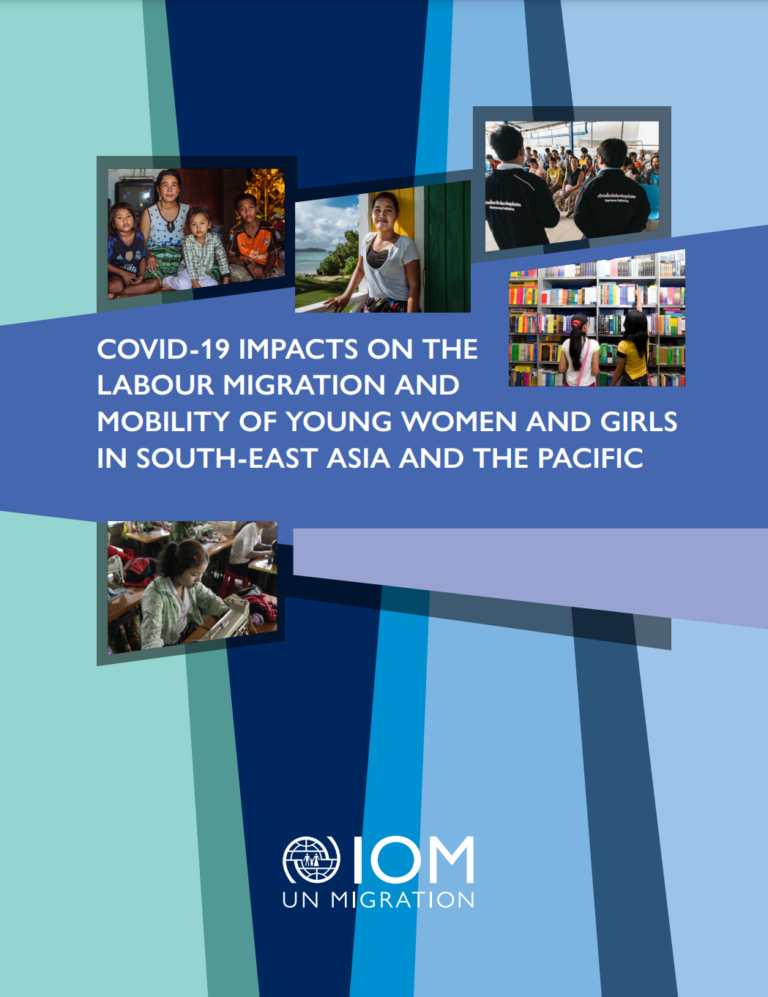The IOM project “Supporting Brighter Futures: Young Women and Girls and Labour Migration in South-East Asia and the Pacific” resulted in a 2019 publication of the same name. Six experts contributed papers exploring issues that ranged from the role of adolescent and young girls as household income providers and the nexus between migration and education, to human trafficking and migrant smuggling. Collectively the papers paint a complex picture, raising challenging policy questions and highlighting gaps that need to be filled by further research.
Yet 2019 already seems like a different era of history. Since Brighter Futures was published, COVID-19 and the measures taken in response to it have shifted the world in ways yet to be fully fathomed. Migration policy and programmatic responses are in rapid flux, and our understanding of the implications is constantly evolving. However, the disproportionate toll on female migrants is already clear, as is their leading role at the frontline of efforts to confront the pandemic. Against this shifting background, this paper offers speculative reflections on some policy implications that these shifts may have on the overarching and interrelated economic, social, cultural and structural findings of the report, and the gender dimensions at play in South-East Asia and the Pacific.

